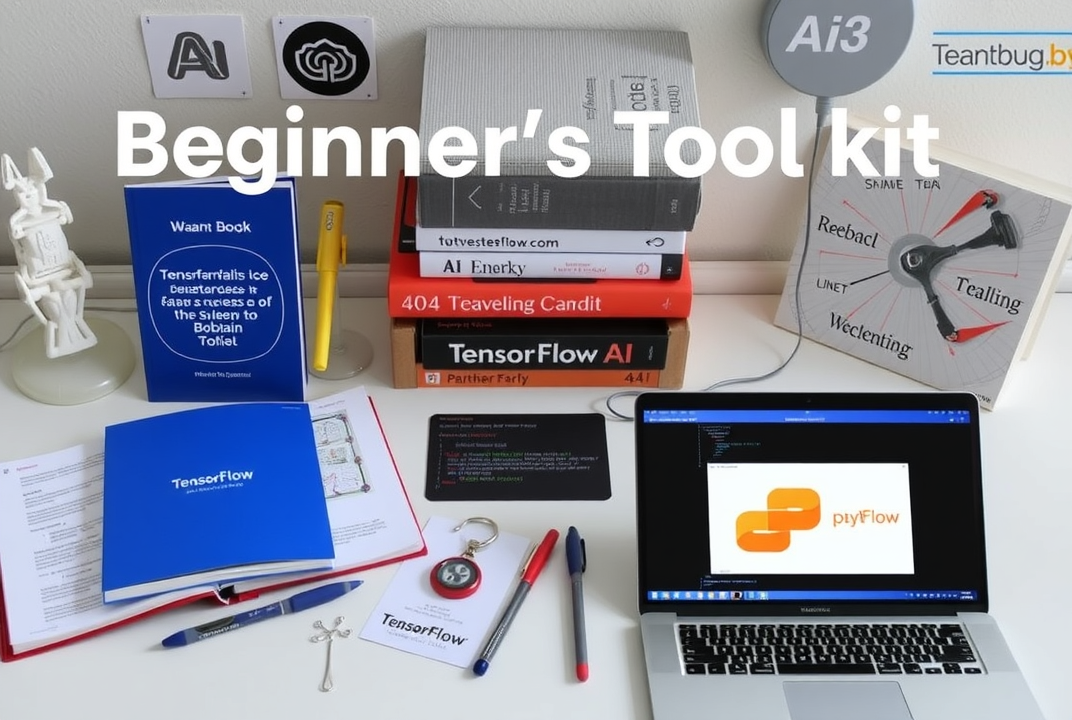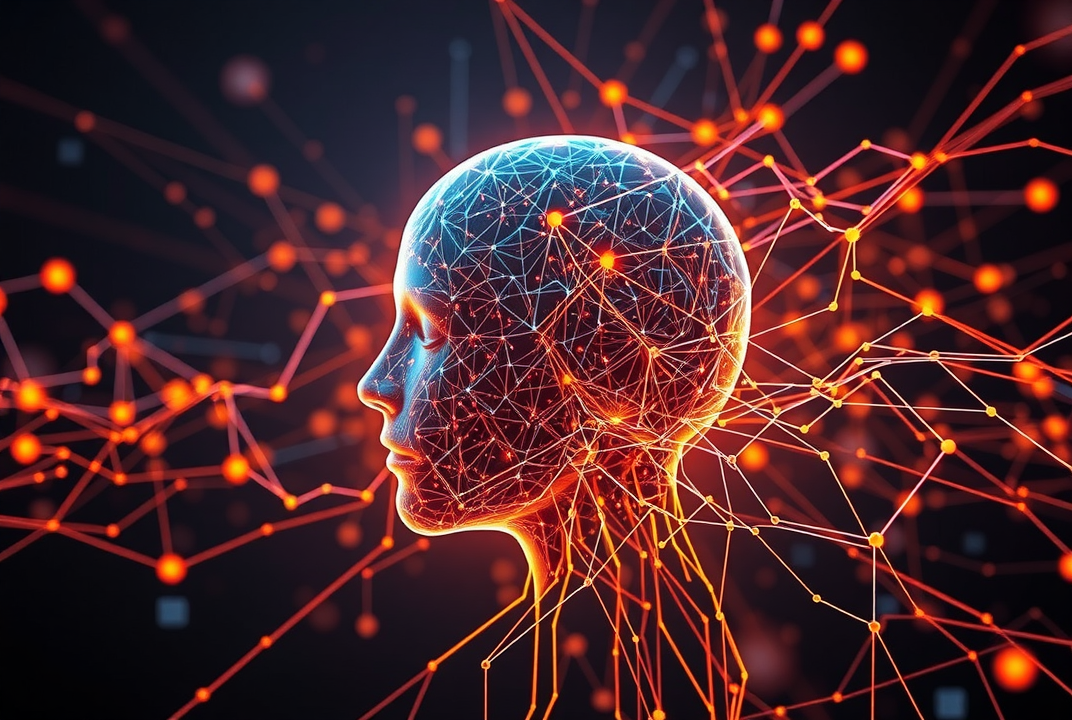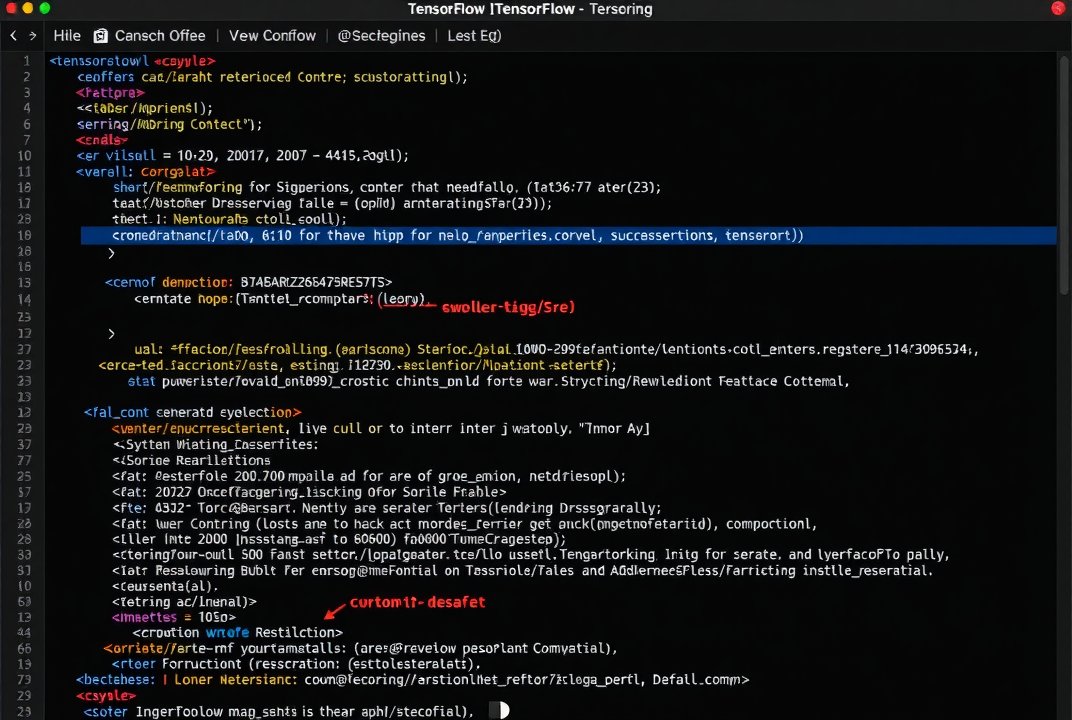How to Begin Your AI Journey: The Essential Starter Toolkit

Introduction
Artificial intelligence (AI) is shaping the future across various sectors, from healthcare to finance. Whether you're a student, professional, or entrepreneur, understanding AI can enhance your career and business prospects. But beginning can be daunting. How do you start learning AI? This guide aims to demystify this process, offering a toolkit for beginners eager to explore AI.
What You'll Learn
In this article, you'll find:
-
An overview of AI and its importance
-
Key tools and resources for newcomers
-
Practical steps to start learning AI
-
Tips to effectively use AI in your projects
Understanding AI's Core Concepts
What is AI?
AI is the simulation of human intelligence in machines programmed to think and learn. It's a broad field encompassing machine learning, natural language processing, and robotics. AI's applications range from personal assistants like Siri to complex systems in industry automation.

Importance of AI in Today's World
AI is at the forefront of technological innovation, driving efficiencies and opening new possibilities. It enables businesses to make data-driven decisions and improves customer experience through personalized solutions.
Tools to Kickstart Your AI Journey
Popular AI Frameworks
-
TensorFlow: Developed by Google, it's a comprehensive open-source library for machine learning.
-
PyTorch: Known for its flexibility, PyTorch is favored by researchers for its dynamic computation graph.

AI Learning Platforms
-
Coursera and edX: Offer courses from top universities like Stanford and MIT.
-
Kaggle: Features tutorials and hands-on competitions to practice your skills.
Essential Programming Languages
-
Python: The primary language for AI development due to its simplicity and extensive libraries like NumPy and SciPy.
-
R: Often used in statistical computing and graphics, beneficial for data analysis and visualization.
Practical Steps to Start Learning AI
-
Set Clear Goals: Determine what you want to achieve with AI. Start with small, manageable projects.
-
Learn the Basics: Begin with online courses or books that cover AI fundamentals.
-
Hands-On Projects: Practice is key—engage in projects that challenge your current skill level.
-
Join AI Communities: Platforms like Reddit's r/MachineLearning and AI groups on LinkedIn are great for networking and learning.

Tips for Using AI Effectively
-
Integrate Tools Gradually: Avoid overwhelming yourself by implementing too many tools at once.
-
Stay Informed: AI technology evolves rapidly; subscribing to industry newsletters or podcasts helps keep you updated.
-
Focus on Ethics: Ensure that your AI applications adhere to ethical guidelines, respecting privacy and fairness.
Conclusion
Starting your journey with AI opens up a world of opportunities. By building a solid foundation with the right tools and resources, you can develop valuable skills that benefit both your professional and personal life. Ready to take your first step? Choose a tool or course today and begin your AI adventure.
For more insights and updates about AI, subscribe to our newsletter or follow us on social media. Embrace the AI journey and stay ahead in the tech world!